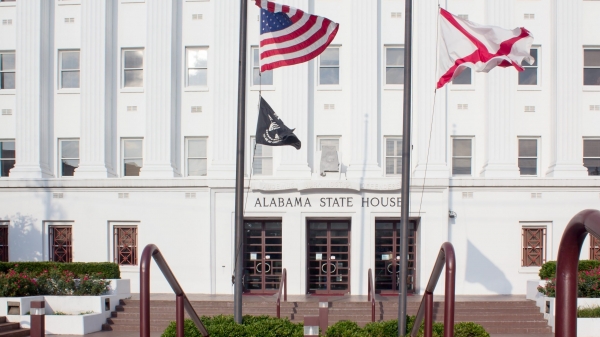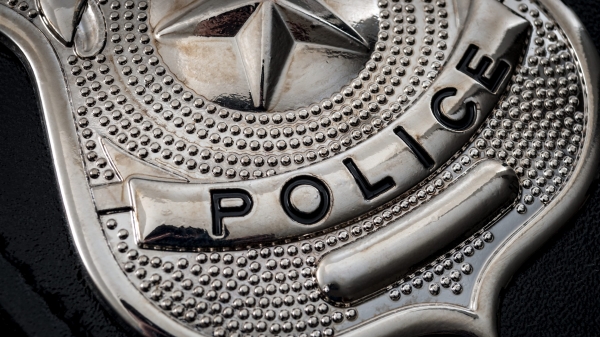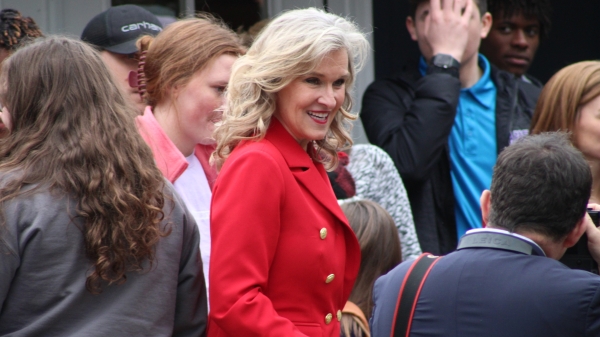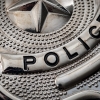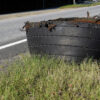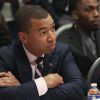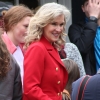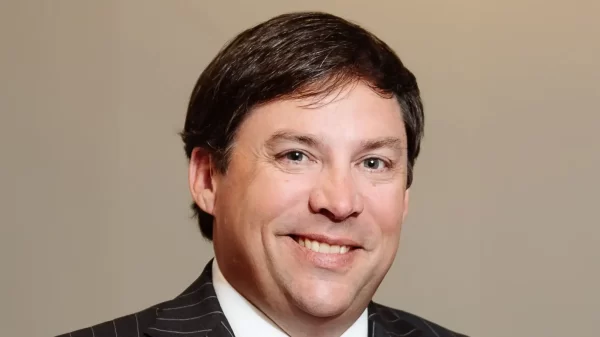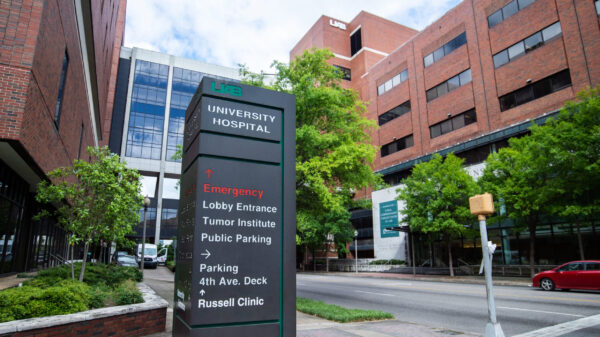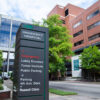By Brandon Moseley
Alabama Political Reporter
The University of Alabama System with campuses in Tuscaloosa, Birmingham, and Huntsville is (by far) Alabama’s largest employer. It is a big family of colleges, hospitals, research centers, libraries, and even a health insurance company; but recently it has not been a happy family.
The University of Alabama System Board of Trustees (BOT) met Wednesday on the campus of the University of Alabama at Birmingham (UAB). The room was crowded with dozens of green clad UAB students and alumni protesting, what they feel, is a lack of representation on the board. Over a dozen police officers were on hand to protect trustees and allow them to conduct their business meeting without listening to the angry public. Many of the pro-UAB protestors were holding up signs (some printed and some clearly handwritten) challenging the Board’s recent decision to drop the issue of allowing UAB to build a new on campus football stadium. The signs included statements such as “the OCS (On Campus Stadium) Makes Sense Why Can’t UAB Students Walk to a Game?” and “Equality for all Campuses.”
UAB supporter Andrew Vines told the Alabama Political Reporter that he was there at the Trustees meeting campaigning for construction of the new football field because the existing stadium(Legion Field) is falling apart, is in a bad part of town, and is terrible for recruiting. Vines said that he favored the on campus stadium proposal because the new stadium would be in a safe environment and a smaller venue would allow UAB to create ticket demand.
Vines said that UAB already had the financing package for the new stadium. According to Vines $15 million is pledged to construction of the stadium in presold seats and luxury boxes. The rest of the cost would be paid for by bonds that would be paid from revenues generated by the stadium itself. Vines said that the stadium easily could generate $3.5 million a year in ticket sales for UAB games and other events.
Fellow University of Alabama football supporter, Sabrina Baker said, “this is more than a football issue, this is a representation issue.” Ms. Baker told the Alabama Political Reporter that she supported the system moving to “three autonomous campuses.”
The Board of Trustees mostly ignored the Free UAB protestors and proceeded into its business meeting. Most notably the University of Alabama Board of Trustees voted unanimously to invest part of its endowment into a Cerberus Institutional Partners Series Five fund investing in distressed companies.
In 1995 when UAB made the jump to Division 1A football everyone believed that UAB would soon be leaving Legion Field which was built in 1926 for the new domed football stadium that the City of Birmingham and Jefferson County were building adjacent to the Birmingham Jefferson Convention Center. Voters however turned down the MAPS proposal that would have built the massive new football field and subsequent efforts to build the stadium stalled when the economy plunged into recession and Jefferson County fell into bankruptcy. President of UAB Catherine Garrison announced plans for UAB to build a horse shoe shaped on campus stadium that seated over 35,000 in February. The University of Alabama Board of Trustees however refused to put that proposal on their fall agenda.













